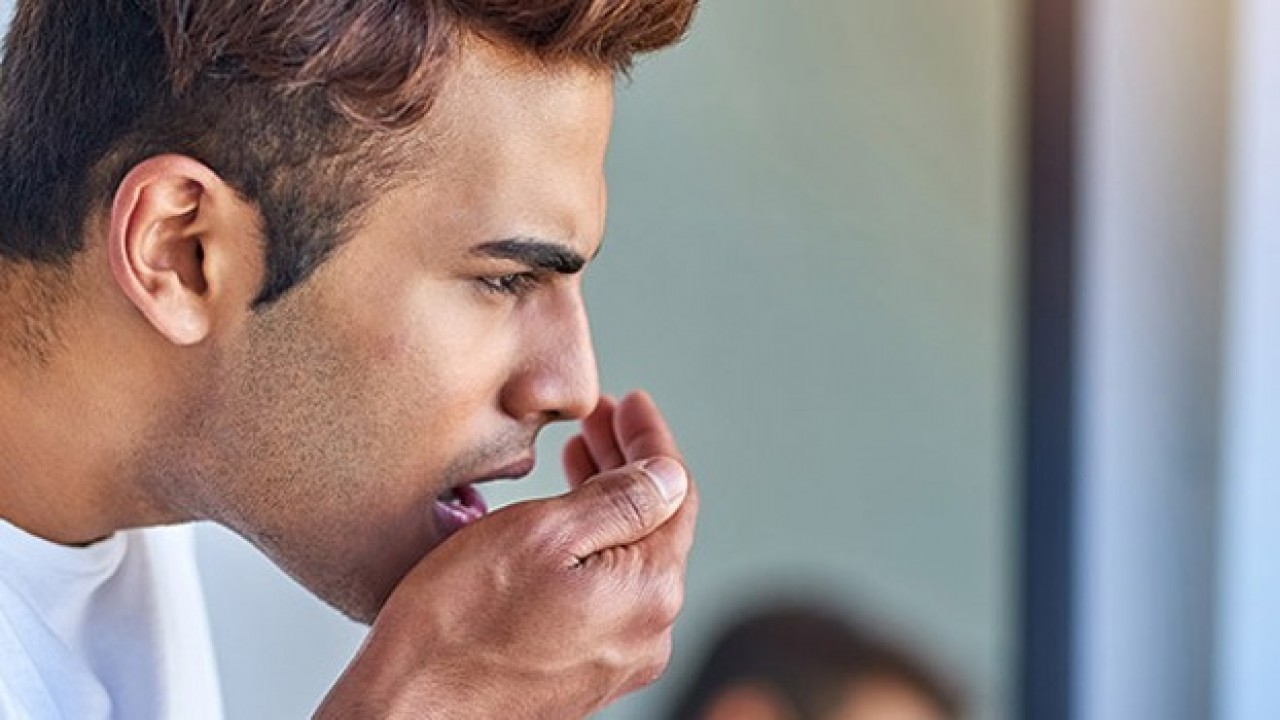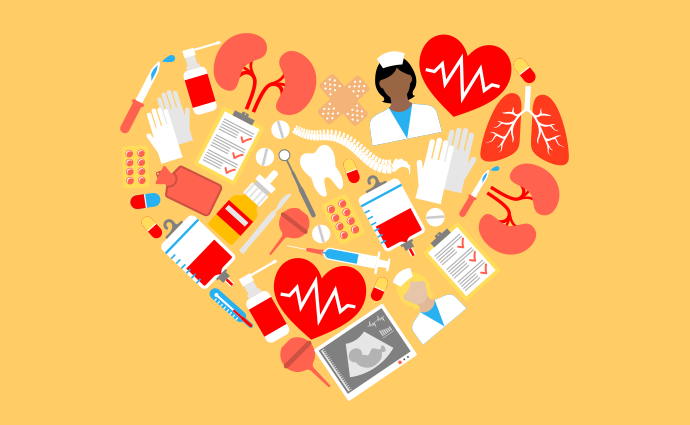
Have you ever been told that you've got bad breath? Let's admit it, it could be the most embarrassing situation one could face. It is considered to be socially unacceptable, which could take a toll on your confidence!
You may think that brushing and flossing is all you need for oral hygiene, but when it comes to oral care, there is so much more involved. Before we mention a few remedies to get rid of bad breath, let's understand why you get smelly breath.
Why do you have smelly breath?
Medically referred to as halitosis, the main reason for bad breath is poor oral health. The food choices that you make and an unhealthy lifestyle are some other reasons of smelly breath. They not only lead to bad breath but also make you prone to other diseases.
Make right food choices
Choose the right food to help you get rid of bad breath. There are foods that have strong odour such as onions and garlic. These foods are important for your health and until they pass through the body, merely brushing or using mouthwash could only cover their pungent aroma.
Unhealthy lifestyle habits
As basic as adopting any other healthy habit is brushing twice a day. Not brushing or flossing teeth daily can make your breath smelly. This happens as the food particles might remain stuck in the teeth and can become a breeding ground for bacteria. Bacteria gives you bad breath and unless they are not rinsed away, they could even damage your gums and teeth. It should be noted that it's not always poor oral conditions that give you bad breath, but there are certain health issues that may get you smelly breath.
Medical reasons that give you smelly breath
Some people suffer persistent problem of bad breath. Despite taking care of their oral health, they face challenges in getting rid of their smelly breath. One reason could be the problem of gum or periodontal disease. The main cause of gum disease is plaque, which again results in bacteria in the mouth and results in bad breath. Other medical reasons that may make breath smelly are cavities, yeast infections in the mouth and a condition called dry mouth, which is also referred to as xerostomia.
You may get dry mouth because of certain medications, problems in salivary gland or even if you have the tendency to breathe through the mouth instead of the nostrils. Apart from these health conditions, certain illnesses such as liver or kidney problems, pneumonia or bronchitis, sinus infections, diabetes, chronic acid reflux and postnasal drip contribute to smelly breath.
Ways you can fight bad breath at home
Fennel seeds: There are certain home treatments that help you fight bad breath. One of which is using herbs such as fennel, which is also called a breath sweetener. If you feel your breath is smelly, chew some fennel seeds and instantly freshen up your breath.
Green plants: Eating a fresh sprig of mint, basil or parsley can also help in neutralising odours.
Lemon or orange peel: This home remedy effectively helps you get rid of bad breath. After washing the peel thoroughly, chew it for some time. The citric content in them fights bad breath and helps in stimulating salivary glands.
Cloves and aniseeds: Cloves and aniseeds contain antiseptic qualities, which fight bacteria that cause smelly breath.
Brush and floss: Do not forget to brush and floss every day. Try to brush at least twice a day.
Regular oral check-up: Visit your dentist regularly. Even if you think that you have maintained oral hygiene, do not skip your visit to your dentist.
Keep yourself well hydrated: Water keeps your salivary glands hydrated. So, drinking plenty of water helps you get rid of bad breath. Drink a glass of water as soon as you wake up as it freshens up your morning breath.
Wear dentures? If you wear dentures, remove them before sleeping. After removing them, clean your mouth as it eradicates bacteria.
Scrape your tongue: Another important step that you should not skip any day. Cleaning the tongue removes bacteria, fungi and dead cells as all these factors can contribute to smelly breath.
Eat healthy: This is the best way to eliminate several health issues. Add following foods to your diet:
Whole grains such as brown rice
Green leafy vegetables
Fresh fruits
A protein-rich diet such as nuts, fish and beans
Super-seeds such as flaxseeds
Use a mouth-rinse: If recommended by your doctor, you can also use mouth rinse to clean your mouth after your meal. But remember using mouth rinse alone is not effective. In addition to using it, brush and floss your teeth.

 Healthy habits help people sidestep clogged leg arteries
Healthy habits help people sidestep clogged leg arteries



